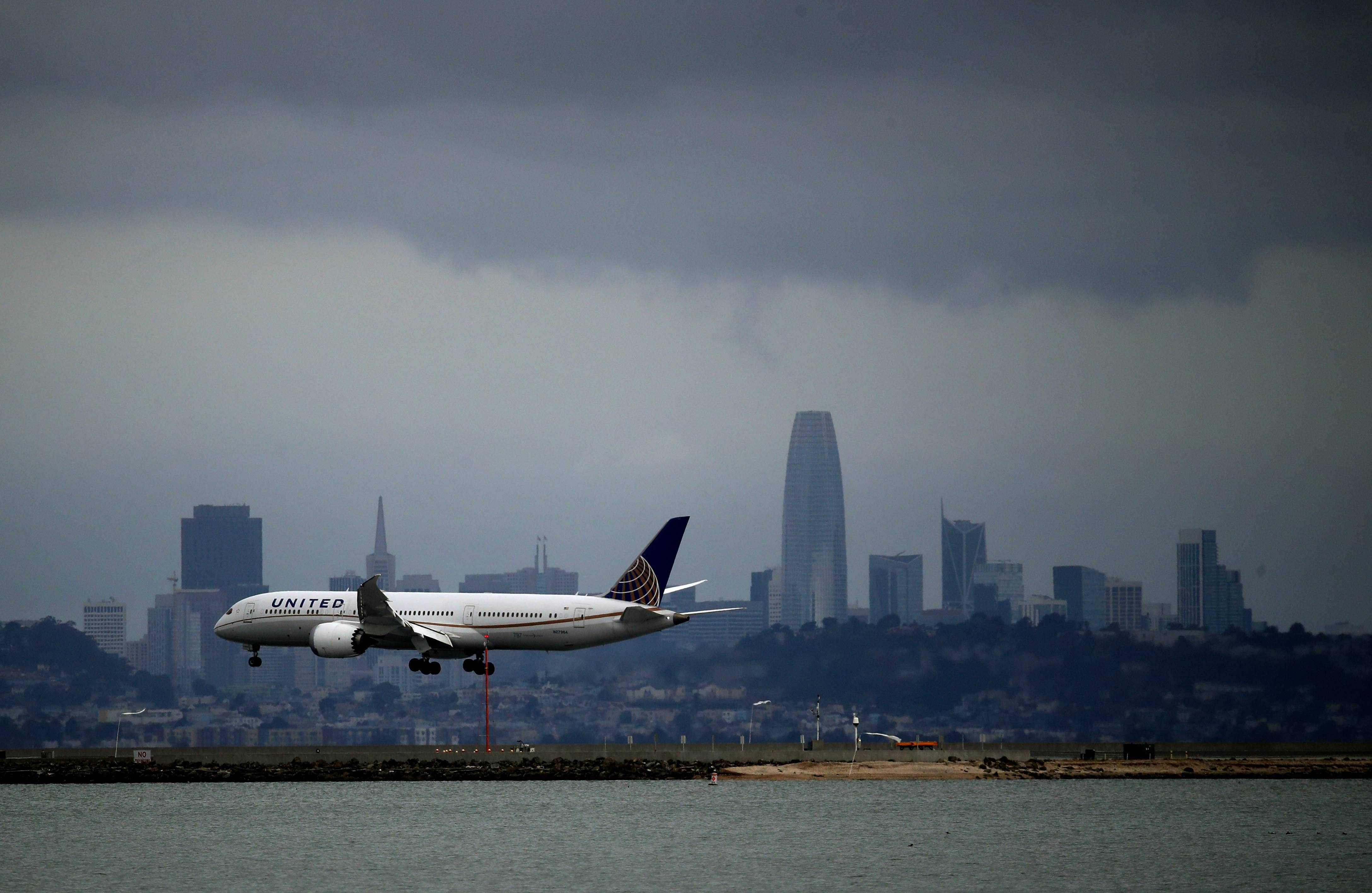
The global aviation association warned Thursday a US-imposed trans-Atlantic travel ban would further hurt an industry already hard-hit by the coronavirus crisis, insisting airlines needed "emergency measures" to get through.
US President Donald Trump has announced a shock 30-day ban on travel from mainland Europe over the coronavirus pandemic.
The move, which sent airline stocks into free fall Thursday, "will create enormous cash-flow pressures for airlines," Alexandre de Juniac, head of the International Air Transport Association (IATA), warned in a statement.
"Airlines will need emergency measures to get through this crisis," he insisted.
He pointed out that airlines were already struggling with the severe impact of the pandemic, which has so far infected more than 127,000 people globally and killed over 4,600, according to an AFP tally.
On March 5, IATA estimated that the crisis could wipe out some $113 billion in airline industry, but the organisation stressed that that estimate did not include the severe measures the US and other governments, including Israel, Kuwait and Spain, have since put in place.
The US measures "will add to this financial pressure," the organisation said, pointing out that the total value of air travel between the US and Europe's Schengen area last year was $20.6 billion.
The markets facing the heaviest impact, it said were the US-Germany market, valued at $4.0 billion, followed by US-France at $3.5 billion and US-Italy at $2.9 billion.
"We have already seen Flybe go under," de Juniac said, referring to the British regional airline that collapsed earlier this month.
"And this latest blow could push others in the same direction," he warned.
IATA pointed out that the World Health Organization had advised that any travel restrictions that significantly interfere with international traffic "should be "proportionate to the public health risk, be short in duration and be reconsidered regularly."
De Juniac urged the US and other countries to follow the WHO guidance.
He also insisted that "governments should be looking at all possible means to assist the industry through these extreme circumstances."
"Extending lines of credit, reducing infrastructure costs, lightening the tax burden are all measures that governments will need to explore," he said.
"Air transport is vital, but without a lifeline from governments we will have a sectoral financial crisis piled on top of the public health emergency," he warned.